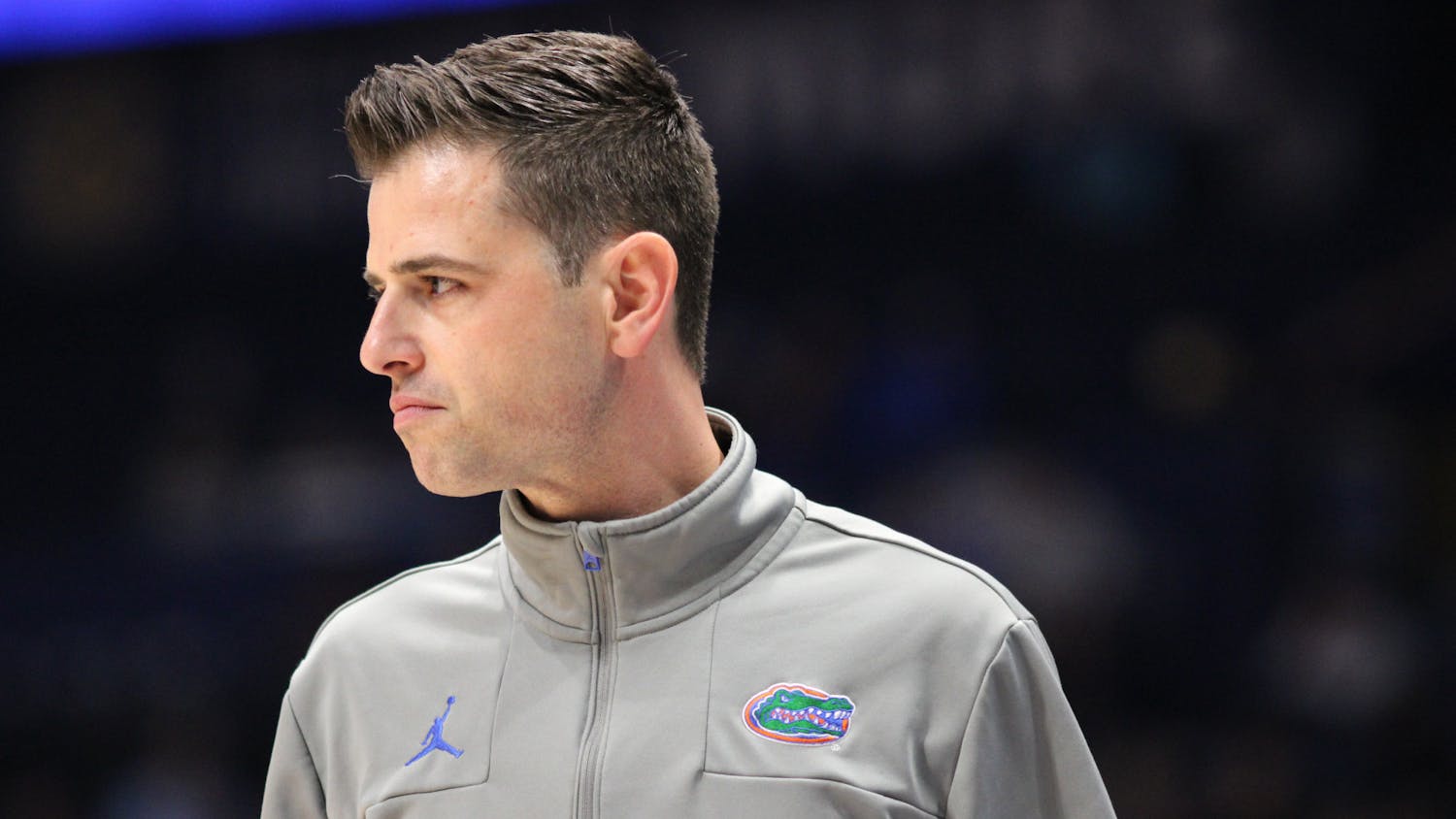Do you remember, as children, the many times that we were scolded for something we did? Remember when we would point something out that our brother, sister or classmate did to try and excuse our actions or at least redirect the scolding? Well that juvenile failure to confront the truth is still happening. More recently however, it has made appearances in discussions on FOX, CNN and at dinner tables across the country.
News commentators, political contributors, friends, family, floormates and even my fellow riders on the 118 bus route have been discussing the use of force in the Michael Brown case. Every conversation seems to start with the acceptance that it doesn’t matter what happened that afternoon, an unarmed black man should not have been shot six times. Before actual progress is made, however, the conversation often shifts from police brutality against unarmed black men to black-on-black crime.
I’ve heard, “Why isn’t Al Sharpton in Chicago, the black-on-black murder capital of the country?” I’ve endured, “If all lives matter, blacks need to stop killing blacks.” Perhaps the most difficult for me to handle is repeatedly being informed of statistics involving black-on-black homicide.
Black-on-black crime is indeed a serious concern, but this is not the time to bring it up. When we as a society are trying to make progress regarding excessive force on unarmed individuals, highlighting issues within the culture of that individual’s race is detrimental to the process of discovering solutions.
First of all, black-on-black crime does not justify the killing of an unarmed black man by a white police officer.
Yes, black people do kill other black people, and whites kill whites, and Hispanics kill Hispanics, but that doesn’t validate the killing of an unarmed individual by a law enforcement officer. Furthermore, slipping in black-on-black crime statistics is indirectly excusing the murder of young unarmed black men by police officers — something that is absolutely unjustifiable.
Secondly, Michael Brown’s case, as well as those of all of the young black men he represents, does not even remotely relate to black-on-black crime. By bringing up black-on-black crime, focus is being diverted from police brutality. The last thing we should be doing, especially as these cases appear more frequently, is dividing our attention from an issue that needs our complete focus. Every time we lose concentration during the resolution process, we are doing so at the expense of the next unarmed black man.
We cannot afford to lose members of our society to these avoidable escalations. Let’s leave our days of distracting from and indirectly excusing unjustifiable actions in our childhood. Let’s work together with undivided attention and prevent another tragedy.
Christopher Wilde is a UF biochemistry freshman.
[A version of this story ran on page 7 on 12/2/2014]





